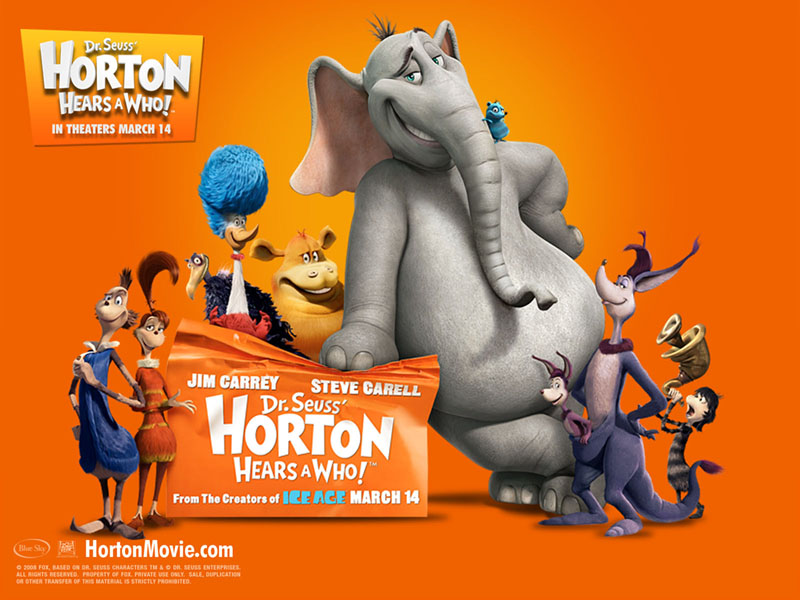Barry Kibrick, producer and host of the PBS program "Between the Lines" has given me permission to share his weekly newsletter which alerts readers of current and archived programs and delivers a warm salutation. Kibrick interviews authors with unique depth and insight. He not only reads the books first – he analyzes them for wisdom, relevance and integrity.
At present, "Between the Lines" airs in San Francisco; Los Angeles; Las Vegas; Central, Mich.; Ohio-W VA and N. Eastern Kentucky; New Orleans, LA; Chicago; Oceanside, CA; Lawndale, CA; El Segundo, CA.
"Asking for help is a universally dreaded endeavor," M. Nora Klaver says in her anti-self-help book, "Mayday! Asking for help in times of need. Seven out of ten people admit they could have used help over the last week but didn't ask for it. Klaver reveals the myriad of reasons why we don't ask for help, how we can benefit from asking, and how to ask the right people at the right time in the right place, increasing our opportunities for meeting our needs.
Extreme violence resulting in multiple deaths occurs with mounting frequency around the world. March 11, 2009, a teen in Germany slaughtered 15 people, UK News reports.
http://uk.news.yahoo.com/5/20090312/twl-teen-warned-of-german-school-sho... The German teen openly warned of his intention in an internet chat room the night before, "No one sees my potential. I'm serious. I have weapons and I will go to my former school in the morning and have a proper barbecue." The youth who reported the Web connection after the mass murder said he hadn't take the teen seriously.
I am a living, breathing, trudging onward authority on the quest for wellness. I'm not an athlete, my body is imperfect, and sometimes I choose unhealthy indulgence. Yet, no one has worked harder to achieve optimal health. The most important lesson I have learned is that wellness isn't being disease free, it is being dis-ease-free.
Wellness is a balance of mind, body, spirit in peaceful vitality. Good health is achieved by tending to each aspect of our humanness: our mental and emotional states, spirituality, bodily function and design.
Questions I ask myself in the ongoing quest for wellness:
• Do I live with integrity? If I am chasing self-shame I will not be good to myself or others
Brian Swimme is fond of saying, "Four billion years ago, the earth was molten rock and now it sings opera." In their 1992 book "The Universe Story," Swimme and Thomas Berry attempted to bridge the gap between science, religion and the humanities. When Michael Dowd read it, he got goose bumps and says he wept at the realization that "this is what I’m going to spend the rest of my life doing, popularizing this perspective."
There is a serious side of Taoism which advocates becoming like a child. "Why do the enlightened seem filled with light and happiness like children? Why do they sometimes even look and talk like children? Because they are," said Lao-tse in the "Tao Te Ching."
Those who make good quality films for children must engender the morality, intent and knowledge of a responsible adult and the sensitivity, curiosity and clear vision of a child. The makers of the film adaptation of the Dr. Seuss classic children’s book, Horton Hears A Who (1954) successfully apply those traits to the movie.
I recently spoke by phone with co-director of Horton, Steve Martino, to learn what choices went into creating the movie which is now available on DVD.
 Life Before Life" A Case For Life After Life
Life Before Life" A Case For Life After Life Love To Love You Safely: Condoms Reduce STD Transmission And Unwanted Pregnancy
Love To Love You Safely: Condoms Reduce STD Transmission And Unwanted Pregnancy The Age Of Stupid -- Movie Review
The Age Of Stupid -- Movie Review James Hansen Sets The Record Straight On The New York Times Article 'The Civil Heretic'
James Hansen Sets The Record Straight On The New York Times Article 'The Civil Heretic'






